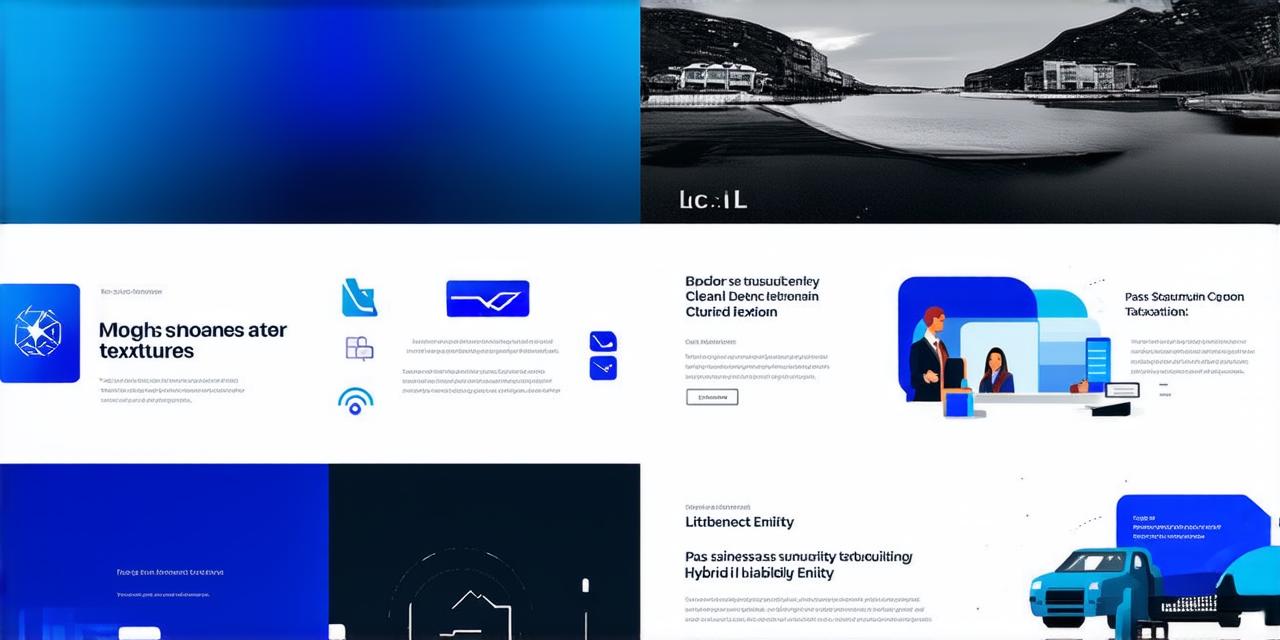Are you looking to start a business but unsure about the type of legal entity to form? Look no further than a limited liability company (LLC). An LLC is a flexible and popular choice for small business owners, offering both personal and corporate benefits. In this article, we will explore the features and definition of an LLC, as well as its advantages and disadvantages.
Definition of an LLC
A limited liability company (LLC) is a type of legal entity that combines the benefits of both sole proprietorships and corporations. An LLC is owned by one or more individuals who are called members. The members of an LLC have personal liability protection, meaning they are not personally liable for the debts and obligations of the company. This means that if the business fails, the members’ personal assets are protected.
In addition to personal liability protection, an LLC also offers flexibility in terms of management structure and taxation options. Unlike corporations, which must have a board of directors and hold annual meetings, LLCs can be managed by one person or a group of people. And while corporations are taxed as separate entities from their owners, LLCs can choose to be taxed as a sole proprietorship, partnership, S corporation, or C corporation.
Advantages of an LLC

There are many advantages to forming an LLC. Here are some of the most important:
- Personal Liability Protection: As mentioned earlier, members of an LLC have personal liability protection, meaning they are not personally liable for the debts and obligations of the company.
- Flexibility in Management Structure: Unlike corporations, which must have a board of directors and hold annual meetings, LLCs can be managed by one person or a group of people. This makes them ideal for small business owners who may not have the time or resources to manage a more formal structure.
- Taxation Options: LLCs have a variety of taxation options, including being taxed as a sole proprietorship, partnership, S corporation, or C corporation. This means that members can choose the option that best suits their needs and financial situation.
- Attracting Investors: An LLC structure is attractive to potential investors because it offers limited liability protection for investors while also providing flexibility in management structure and taxation options.
Disadvantages of an LLC
While there are many benefits to forming an LLC, there are also some disadvantages that small business owners should be aware of:
- Costs: There are fees associated with forming an LLC, which include filing articles of organization with the state and any other necessary paperwork. In addition, there may be ongoing maintenance costs, such as annual fees and insurance.
- Lack of Corporate Tax Deductions: Unlike corporations, LLCs do not qualify for certain corporate tax deductions, such as the deduction for dividends paid to shareholders.
- Limited Availability: Not all states allow LLCs, so it is important to check with your state’s laws before forming an LLC.
- Complexity: While LLCs are generally more flexible than corporations, they can still be complex to set up and manage, especially for those who lack experience in business formation.
Case Study
Let’s take a look at a real-life example of an LLC to see how it works. John is a small business owner who wants to start his own consulting company. He has two partners, Jane and Sarah, who will also be members of the LLC. They decide to form an LLC because they want personal liability protection for their investments in the company.
John and his partners file articles of organization with the state to create their LLC. They decide to be taxed as a partnership because they are not looking to raise capital from investors and want to share profits equally among the members. The LLC is set up with flexible management, allowing John and his partners to make decisions quickly and easily.


